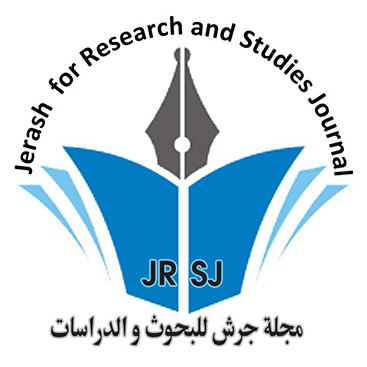Jerash for Research and Studies Journal مجلة جرش للبحوث والدراسات

Abstract
Social media, Twitter in particular, have been a tool used by politicians to voice their thoughts and make a stand. Political figures sometimes use social media, including Twitter, as an instrument to distort the face of their rivals by employing linguistic impoliteness. The present study aims to analyze some of President Donald Trump’s impolite tweets. Methodologically, Brown and Levinson’s (1987) model of politeness is taken as the main reference of understanding and explaining the face-threatening acts that target the addressee’s face, and Culpeper’s (1996) framework to classify impoliteness strategies. The data are in the form of Trump’s tweets. The selected ten tweets, which represent the study material, belong to different stages of Trump's political career; they are tweeted before, during, and after Trump’s presidential campaign and they target different kinds of people including (politicians, actors, athletes, journalists, writers, military men, etc.) and institutions such as (governmental sections, news channels, newspapers, journals, etc.) The results show that Trump resorts heavily to negative expressions that include offensive terms and derogatory remarks as a destructive weapon of others’ self-images. His negative characteristics (racism for example) are reflected by his choice of words
Recommended Citation
Al-Shaikhli, Khalid and Al-Santareesi, Mohammad
(2021)
"Politeness Violated: A Study of Selected Tweets by Donald Trump,"
Jerash for Research and Studies Journal مجلة جرش للبحوث والدراسات: Vol. 22:
Iss.
1, Article 21.
Available at:
https://digitalcommons.aaru.edu.jo/jpu/vol22/iss1/21
Included in
Arts and Humanities Commons, Humane Education Commons, Language and Literacy Education Commons, Social and Behavioral Sciences Commons

